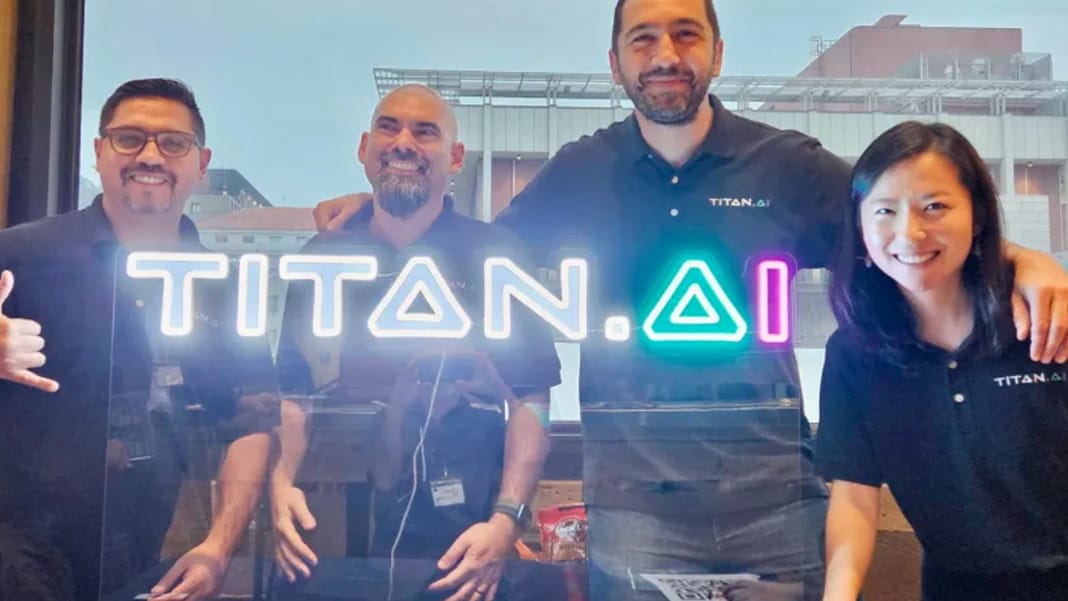Titan AI, a trailblazing mobile game studio, has recently garnered over US$500,000 in pre-seed investment, demonstrating the burgeoning interest in generative AI within the gaming sector. This funding, spearheaded by Berkeley SkyDeck, places Titan AI among a group of startups utilising generative AI to economise the creation of 2D and 3D game content. This development is particularly noteworthy considering the steep cost of developing mobile games, which can surpass US$250,000.
Utilising AI for streamlined game development
In a pioneering move, Titan AI employs image generators such as Stable Diffusion and DALL-E to create 2D graphics integrated with 3D models via their unique technology. They are also developing AI to design game levels with varying difficulties, a process co-founder Fabien-Pierre Nicolas notes as traditionally labour-intensive.
The studio was established by Nicolas, who previously held a VP position in marketing at SmartNews, and Victor Ceitelis, co-founder of Scenario. Titan AI’s ethos extends beyond game development; it aims to create games that resonate with communities often underrepresented in this medium. This mission stems from the diverse backgrounds of its founders: Nicolas, who grew up with an LGBTQ+ parent and is married to a Korean, and Ceitelis, LatinX and of Chilean descent, both recognise the importance of inclusivity in gaming.
Their debut game, ‘Aztec Spirit Run’, represents a deliberate shift from the norm, featuring a protagonist who competes against Conquistadores to defend temple treasures. This reflects the company’s commitment to portraying diverse cultures as heroes rather than adversaries.
Revolutionising the endless runner genre
Titan AI has launched prototypes including ‘KPop Dream Run’, ‘Reptile Dream Run’, and ‘Holy Bible Run: Jesus Miracles’, building on the long-standing success of endless runner games, a genre popularised by titles like ‘Temple Run’ and ‘Subway Surfers’. Through generative AI, the company has created extensive customisable in-game elements, such as outfits and tattoos, and plans to introduce more gameplay enhancements.
Despite some concerns regarding the saturation of the runner game format, Titan AI’s approach seems promising. The company is exploring the potential of generative AI beyond mere character customisation, hinting at upcoming projects that enable players to design their avatars from the ground up.
Emphasising accessibility and optimism
Titan AI has made its games freely accessible, generating revenue through in-app ads and paid features, aligning with its goal to reach underserved audiences. The studio’s success in funding is a beacon of hope in the gaming industry, highlighting the appeal of positive, inclusive missions in attracting investment.
The funding round also attracted support from seven angel investors, including Meta’s generative AI product leader Andreas Gross, BlackoutLab co-founder Benjamin De la Clémendière, Belka Games co-founder Yury Mazanik, and Duolingo’s chief business officer Bob Meese.





